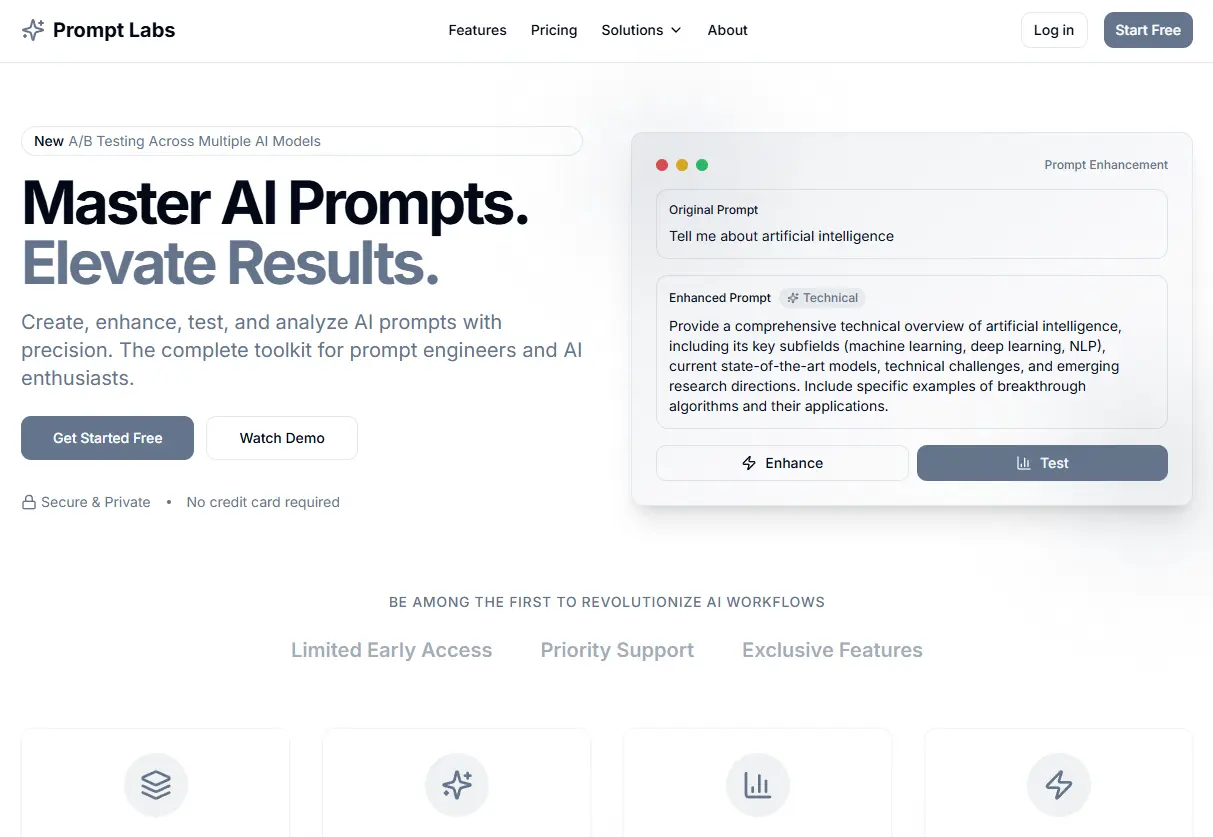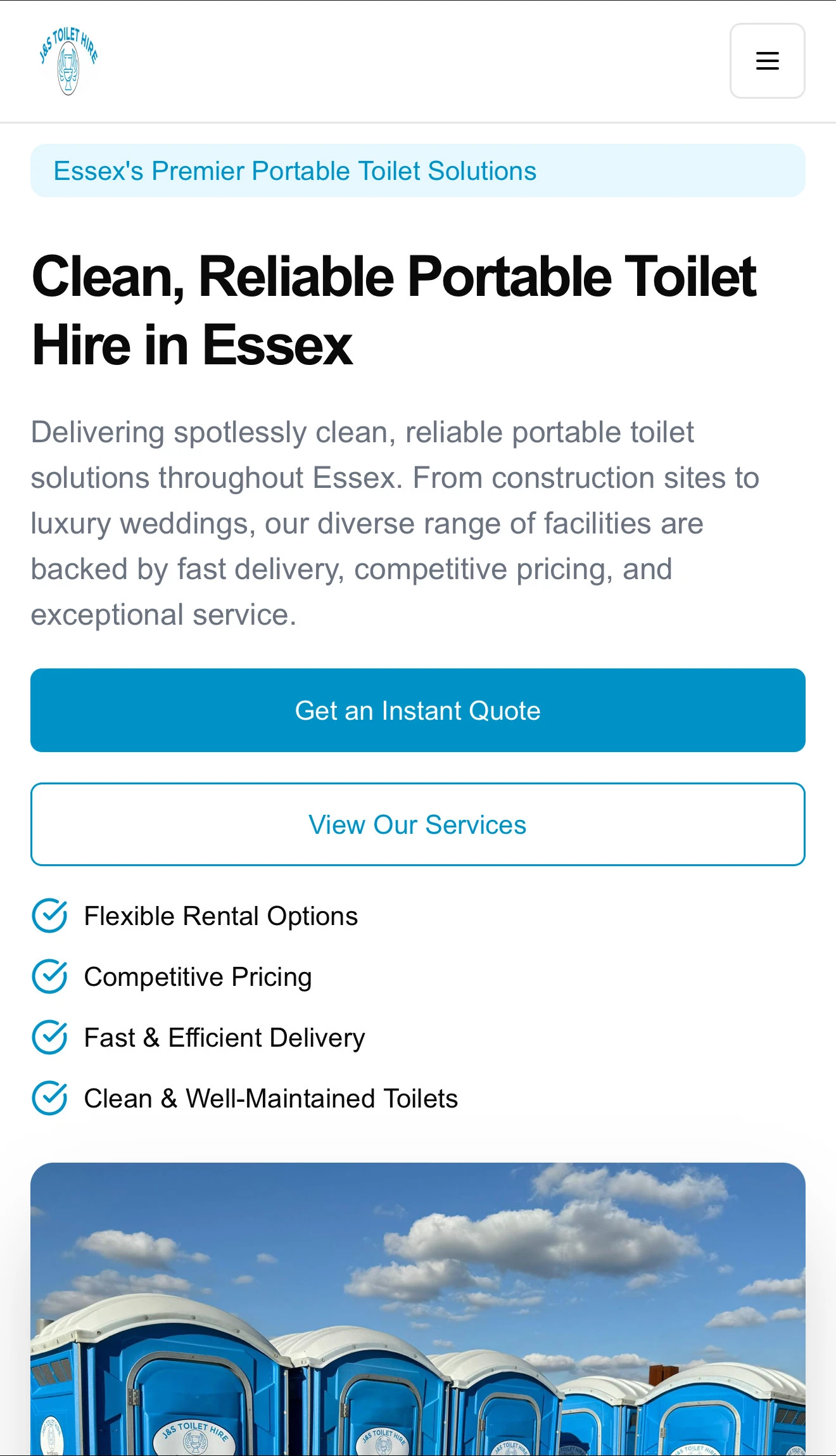In today’s fiercely competitive business landscape, small to medium local businesses must leverage every advantage to dominate their market. Targeted local SEO has emerged as a powerful approach to boost online visibility, attract highly relevant customers, and increase market share. This comprehensive guide explains how focusing on geo-specific keywords, optimising Google My Business profiles, managing your online reputation, and more can provide your business with a cutting edge in saturated markets.
What is Targeted Local SEO and Why Does It Matter in Competitive Markets?
Targeted local SEO is the strategic process of optimising your online presence to increase visibility for geo-specific searches that potential customers perform in your local area. Unlike general SEO, it zeroes in on local keywords, geographic intent, and community relevance to connect businesses with nearby consumers actively seeking their products or services.
This refined focus offers several benefits in crowded markets. By leveraging long-tail keywords and niche marketing tactics, businesses can speak directly to hyperlocal audiences. For example, instead of targeting broad terms like "plumber," a targeted local SEO strategy might optimise for "emergency plumber in [town name]"—a phrase with stronger intent and less competition.
Geo-targeting enhances audience precision, so your marketing budget goes towards attracting visitors most likely to convert. This heightened relevance not only improves conversion rates but also establishes a competitive advantage, enabling local businesses to carve out market leadership where generic SEO falls short.
How Does Targeted Local SEO Boost Online Visibility and Search Engine Ranking?
Search engines prioritise delivering relevant, localised results to users. Targeted local SEO improves your search engine ranking by aligning your online assets closely with what Google and other platforms deem high-quality and trustworthy for local queries.
A cornerstone is optimising your Google My Business (GMB) profile. A well-managed GMB listing enhances your chances of appearing in the coveted local pack or map section of search results, which often captures the majority of clicks for local queries. Filling out accurate business details, uploading photos, updating posts regularly, and engaging with reviews strengthen your GMB signals.
Furthermore, maintaining citation consistency across directories ensures search engines verify your business information. These local citations and directory listings create authority and trustworthiness, improving your map ranking and organic search visibility. Businesses that neglect these factors risk being overshadowed by competitors with cleaner, more optimised listings.
The Critical Role of Local Packs and Map Optimisation in Search Results
The local pack displayed prominently on SERPs showcases three to four local businesses related to a user’s query. Ranking here drastically increases your brand exposure and traffic.
Optimising for local packs involves:

- Maintaining accurate **business listings** across all relevant platforms Leveraging geo-targeted keywords in descriptions and posts Encouraging positive **customer reviews** to boost trustworthiness Enhancing **map optimisation** by embedding location schema and ensuring consistent NAP information
This multi-layered approach ensures your business gains priority placement, driving more qualified leads directly from search results.
Which Targeted Local SEO Strategies Drive Customer Acquisition and Market Share Growth?
Combining diverse tactics under a targeted local SEO umbrella fuels sustainable growth by attracting and converting local customers effectively. Key strategies include:

- Website Optimisation: Creating locally relevant landing pages rich in **targeted keywords** and optimised for mobile devices improves user experience and boosts rankings. Content Marketing: Producing blog posts, guides, and event announcements tailored for your community highlights expertise and builds trust. Social Media Engagement: Participating in local groups and promoting your services nurtures **customer engagement** and word-of-mouth. Local Backlinks and Citation Building: Collaborating with local organisations and directories boosts your domain authority and signals credibility to search engines. Conversion Optimisation: Using compelling calls-to-action (CTAs) and streamlined booking or quotation systems on your website turns visitors into paying customers.
These methods combine to improve lead generation, elevate conversion rates, and expand your market share in complex local ecosystems.
How Do Review Management and Online Reputation Shape Competitive Local SEO Outcomes?
Your business’s online reputation has never been more critical. Positive customer reviews influence both human decision-making and search engine algorithms, impacting your rankings and conversions simultaneously.
Effective review management involves proactively requesting feedback from satisfied customers, responding promptly to all reviews (positive and negative), and integrating review signals into your broader local advertising efforts.
High volumes of authentic reviews establish credibility, making new prospects more likely to choose your business over competitors. Moreover, Google favours businesses with active, positive review profiles in determining local search order, so investing in reputation management drives long-term growth and repeat business.
How Can Businesses Measure the Effectiveness of Their Targeted Local SEO Efforts in Competitive Environments?
Tracking performance accurately is vital to justify investment and refine strategies. Key metrics for evaluating local SEO success include:
- Local search traffic volume to your website Improvements in rankings for targeted geo-keywords Conversion rates from local landing pages Number and quality of local backlinks and citations built Review volume and average star rating trends
To gather this data, businesses should use specialised SEO tools designed for local markets, such as Google Analytics, Google Search Console, Moz Local, and BrightLocal.
Leveraging marketing automation platforms helps automate reporting and identify opportunities quickly. Continuous data analysis enables agile adaptation of your approach, ensuring ongoing ROI enhancement from your local SEO campaigns.
What Role Does Competitor Analysis and Market Research Play in Targeted Local SEO?
Understanding your competitors' tactics and local market dynamics shapes smarter SEO strategies. Conducting thorough competitive analysis identifies who ranks top in your locality, the keywords they target, and their backlink profiles.
Parallel market research spots unserved niches, trending local search queries, and keyword gaps your business can capitalise on. Integrating these insights into your SEO strategy ensures your efforts align with real demand and stand apart from others.
By continuously monitoring rivals and consumer behaviour, local businesses can adjust campaigns proactively, securing sustainable dominance in their territories.
How Does Mobile and Voice Search Optimisation Elevate Local SEO in Competitive Markets?
With over half of all local searches occurring on mobile devices and growing adoption of voice assistants, optimising for these channels is indispensable.
Mobile-first website optimisation ensures fast loading speeds, clear navigation, and accessibility, essential factors for retaining visitors and ranking well.
Additionally, voice search optimisation demands natural language keywords and conversational phrases focused on local search intent. Phrases like “Where’s the best coffee shop near me?” require different SEO treatment compared to typed queries.
Adapting to these evolving behaviours helps small business SEO efforts reach audiences precisely when they are https://chelmsford-essex-lg585.huicopper.com/how-to-keep-your-google-business-profile-active-and-engaging-in-wickford-in-2025 ready to act, boosting customer acquisition in competitive landscapes.
Top 10 Actionable Tactics to Boost Local SEO in Competitive Markets
- Optimise and regularly update your Google My Business profile. Ensure NAP consistency across all **local directories** and citation sources. Use targeted, geo-specific, long-tail keywords in website content. Publish locally focused blog posts and community news to enhance relevance. Build relationships for local backlinks from trusted websites. Encourage and expertly manage customer reviews across platforms. Utilise schema markup to help search engines understand your business location. Leverage social media to engage with local audiences and promote events/offers. Optimise the website for mobile and voice search queries. Regularly monitor performance with analytics and SEO tools, adjusting tactics accordingly.
Conclusion: Harness Targeted Local SEO to Outperform in Crowded Markets
Targeted local SEO offers local businesses an unparalleled opportunity to stand out in increasingly competitive markets by combining hyperlocal keyword strategies, digital asset optimisation, proactive reputation management, and insightful analytics. Investing in these practices not only elevates your online visibility and search engine ranking but drives sustained customer acquisition, improves conversion rates, and grows your market share effectively.
For businesses aiming to maximise their ROI and secure local dominance in 2025, partnering with a specialised SEO agency or consulting with a seasoned SEO expert can help craft and execute a customised local SEO strategy tailored to your unique market challenges. Start leveraging targeted local SEO today to turn your local business into a community leader tomorrow.